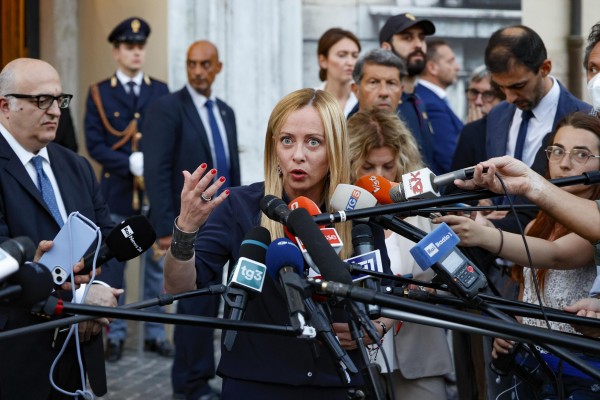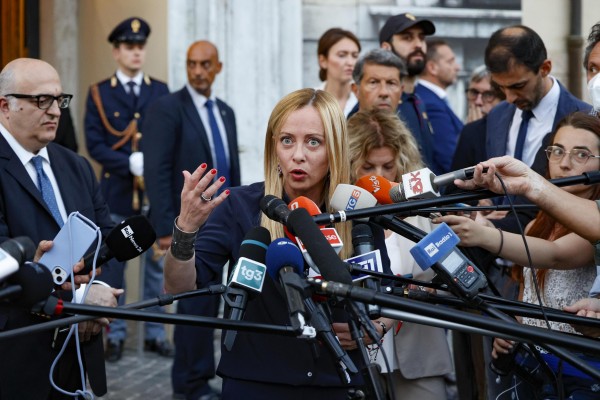The process of transforming state television channels into public broadcasters has been slow and difficult in most post-communist countries, including those that are already in the European Union or are about to join. Croatian Radiotelevision (HRT) has been struggling and failing to fulfil this task.
The December 2010 law regulating the public broadcaster did not meet expectations. The theoretically non-partisan Programme Council has not been functioning as such. Its members are perceived to represent political interests. Journalists feel ignored and sidelined. The open conflict between the Council members and journalists is aired on TV. This conflict has many causes: the persistence of direct and indirect political pressure, top-down appointments of editors without professional credibility, arbitrary suspension of programs without plausible explanations, public suspension of journalists, selective censorship and an overall absence of transparency.
As a result, journalists, their professional associations and other civil society institutions stage protests, write appeals and public letters. On 22 January, Croatia celebrates a referendum on EU membership. As other cases in the region have illustrated, joining the EU is not a synonym for problem solving.
The new government, installed in December 2011, promised to address the issue. Yet, the newly appointed minister of culture, Andrea Zlatar Violić, admitted: “Among the 500 employees of the ministry, nobody is specialised media,” according to a press release published on the Croatian Journalists’ Association website. Zlatar Violić spoke during a meeting dedicated to HRT problems and attended by journalists, editors, NGOs, and different professional organisations that took place in Zagreb on 16 January. While criticism abounded, the meeting ended with a joint appeal calling, among other things, for the end of political meddling, censorship and nepotism, as well as for transparency, a clear strategy and respect for professional standards.
The Vienna-based South East Europe Media Organisation (SEEMO), a subsidiary of the International Press Institute (IPI), supports the appeal signed by the Croatian Journalists’ Association (HND) and 26 other NGOs and associations demanding professionalisation of the public broadcaster and an end to political pressure and censorship.
“It is high time for the government and all relevant institutions to address the problems of the public broadcaster and create a proper legal and institutional environment for the Croatian public to receive information of public interest,” SEEMO Secretary General Oliver Vujovic declared. “I remind the politicians of all political orientations that the role of media is to disseminate information in a truthful and balanced way and to respect all professional standards.”


